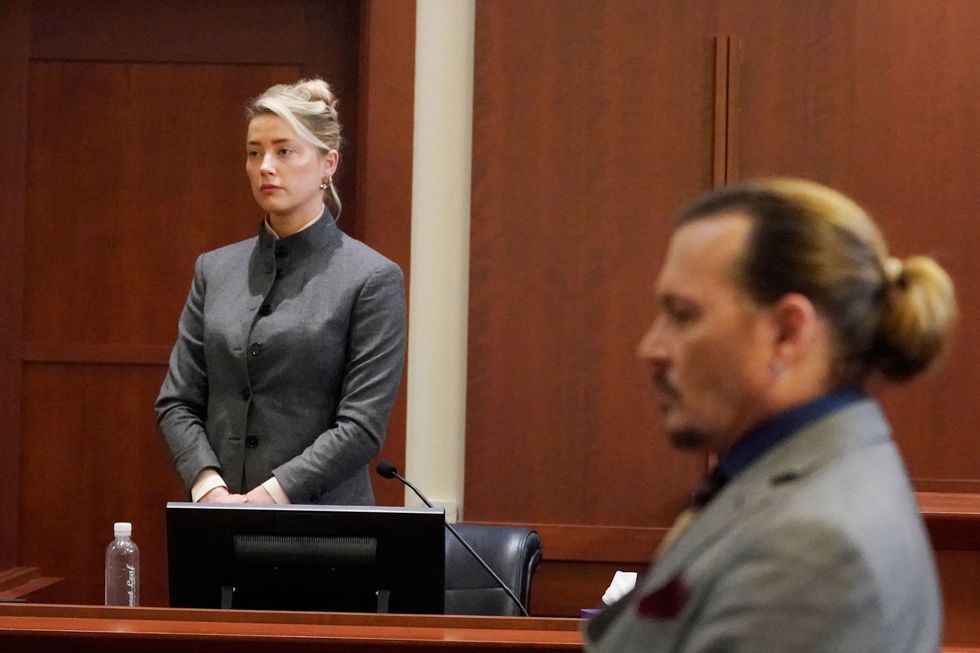THE ANNUAL inflation rate rose in October, exceeding expectations, as households and businesses faced higher energy bills, according to official data released on Wednesday.
The Consumer Prices Index (CPI) increased to 2.3 per cent in the 12 months to October, up from 1.7 per cent in September, the Office for National Statistics (ONS) stated. This marks the highest rate since April, when CPI was also at 2.3 per cent. Analysts had anticipated a rise to 2.2 per cent.
The Bank of England's inflation target stands at 2.0 per cent.
"Inflation rose... as the increase in the energy price cap meant higher costs for gas and electricity compared with a fall at the same time last year," said Grant Fitzner, the ONS chief economist.
The energy price cap, set quarterly by Britain's energy regulator Ofgem, was raised by 10 per cent in October. This increase is attributed to higher international energy prices driven by geopolitical tensions and extreme weather events. Ofgem expects the cap to drop significantly in January.
"We know that families across Britain are still struggling with the cost of living," said Darren Jones, a senior Treasury official, urging the Labour government to provide additional support.
Analysts believe that despite inflation rising faster than forecasted, the Bank of England is likely to continue cutting interest rates. Ruth Gregory, deputy chief UK economist at Capital Economics, predicted gradual rate cuts, with a 25-basis-point reduction expected in February and further cuts at alternate policy meetings until rates reach 3.50 per cent by early 2026.
Earlier this month, the Bank of England reduced borrowing costs by 25 basis points to 4.75 per cent. Following this decision, it noted that the Labour government’s October budget, which included tax increases and higher borrowing, would support economic growth but also add to inflationary pressures.
(With inputs from AFP)






 Depp returns to directing with Modì after more than two decadesGetty Images
Depp returns to directing with Modì after more than two decadesGetty Images  Depp says being pushed out felt like “they wanted me to retire”Getty Images
Depp says being pushed out felt like “they wanted me to retire”Getty Images Amber Heard and Johnny Depp watch as the jury leaves the courtroomGetty Images
Amber Heard and Johnny Depp watch as the jury leaves the courtroomGetty Images










 Fans await Ramayana teaser as early reviews spark buzz online Instagram/iamnamitmalhotra
Fans await Ramayana teaser as early reviews spark buzz online Instagram/iamnamitmalhotra  Producer Namit Malhotra reveals how AI will make Ramayana resonate globally with native-language realism IMDB/Reddit
Producer Namit Malhotra reveals how AI will make Ramayana resonate globally with native-language realism IMDB/Reddit  Yash undergoes intense physical training to play Ravana in Ramayana Instagram/thenameisyash
Yash undergoes intense physical training to play Ravana in Ramayana Instagram/thenameisyash  Producer Namit Malhotra reveals how AI will make Ramayana resonate globally with native-language realism IMDB/Reddit
Producer Namit Malhotra reveals how AI will make Ramayana resonate globally with native-language realism IMDB/Reddit  Sunny Deol
Sunny Deol  Ranbir Kapoor hugs Ravi Dubey after wrap speech on Ramayana set Twitter/Raymond/Cinegeek
Ranbir Kapoor hugs Ravi Dubey after wrap speech on Ramayana set Twitter/Raymond/Cinegeek 